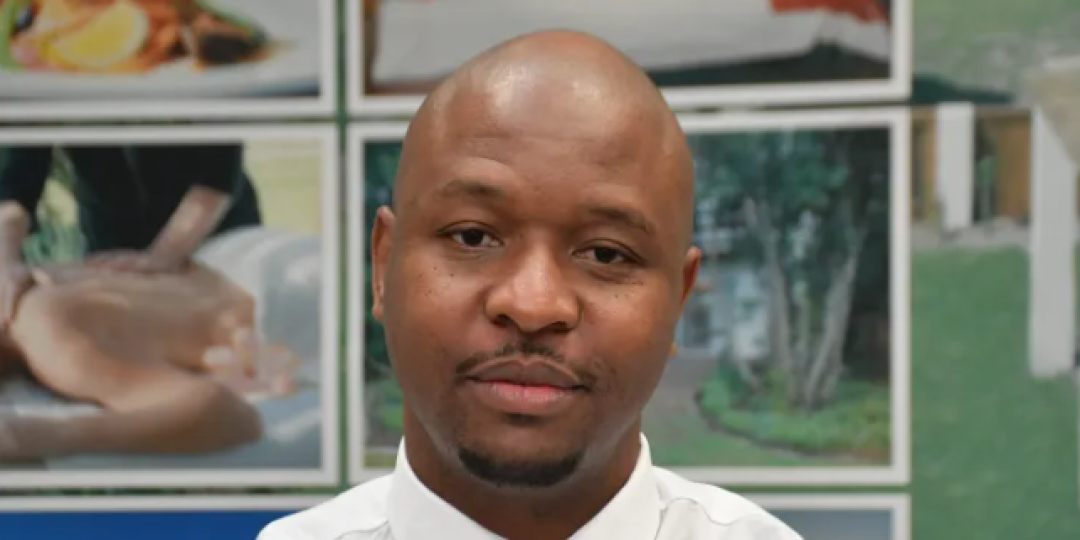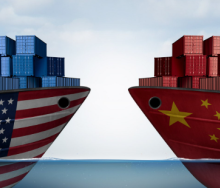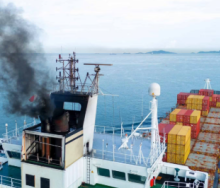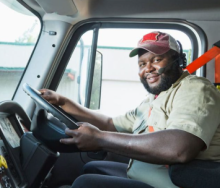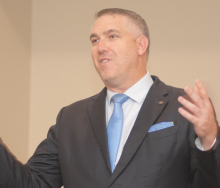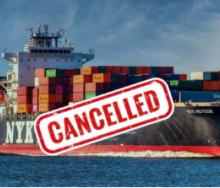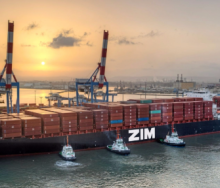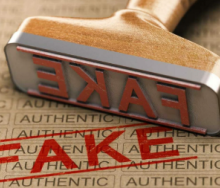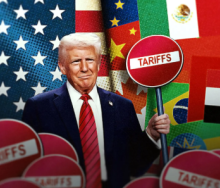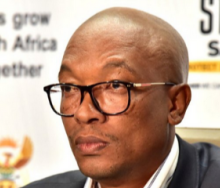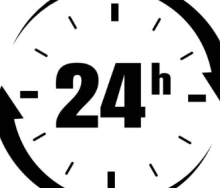Ahead of President Cyril Ramaphosa’s State of the Nation Address (Sona) on February 6, the Maritime Business Council (MBC) has expressed its desire that the speech will contain more information of decisive intent about South Africa’s ongoing bunkering challenges.
According to the Council’s executive chairperson, Unathi Sonti, “The Chamber acknowledges the efforts and contributions in the development of a sustainable development in the country, through the signing of the Marine Pollution (prevention of pollution from ship) Amendment Bill.”
This is especially the case “in recognition and signing of the Amendments to Rules under Section 21 (1) and 60 of the Customs and Excise Act, 1964 (Act 91 of 1964)”.
However, stopping short of referring to bunker-industry expressions as “lip service”, Sonti said: “The MBC has in the past made attempts to forward inputs in the previous Sona, and the President continues to only make assertions regarding commercial ports.
“It was only in the 2024 Sona that the President made a passing statement about South Africa being well positioned for bunkering.
“This was during a period when the South African Revenue Service (Sars) had suspended bunkering activities in Algoa Bay.”
Sonti explained that at issue was the need to recognise the country’s bunkering potential and its possible contribution to the GDP of the country, especially given the ongoing rerouting of maritime traffic around the Cape of Good Hope because of violent ideological trade disruption in the Red Sea.
Sonti said: “The MBC wishes to reiterate the fact that South Africa is a maritime nation, with about 3 000 km of coastline (with the inclusion of Prince Edward and Marion Islands, the total is about 3 900 km) and more than 1.5 million square metres of ocean area that comprise our exclusive economic zone (EEZ).”
Apart from Sars stopping bunker operations because of suspected taxation irregularities, refuelling inefficiencies have meant that vessels have largely overlooked South Africa for its bunker requirements.
“For South Africa to fully embrace its long maritime history and heritage, the government of today needs to take firm measures to address a number of matters, including the finalization of the Oceans Economy Master Plan,” Sonti said.
He added that, not for the first time has the MBC stressed how important it is to establish a Maritime Affairs Ministry.
“South Africa requires dedicated personnel that will address our maritime interests. In the absence of such a ministry, there needs to be a reconfiguration of the South African Maritime Safety Authority (Samsa) to become the South Africa Maritime Authority so that the authority can fully promulgate its third mandate,” Sonti said.
He also appealed for a renewed focus on human and environmental safety in the maritime industry, demanding the implementation of the Vessel Recapitalization Programme, which has been pending since May 2024.
“We have witnessed tragic incidents involving fishing vessels in our waters. Now that the Fishing Rights Allocation Programme (FRAP) 2020 has been finalised – with 20 years’ fishing rights – an opportunity exists for vessel scrapping that South Africa has been deliberating since 2016.”
In addition, it could stimulate a local ship-building industry, create more employment and entrepreneurship, and promote South Africa as an industrial country for marine manufacturing and repairs, said Sonti.
He stressed, though, that it was critical that Transport Sector Codes be released and finalised, particularly for the maritime industry as this sector remained one of the non-transformed sectors in this country.
Sonti said it was reassuring to see the country moving towards the ratification of certain laws, such as the amendment of the National Ports Act 12 of 2005.
